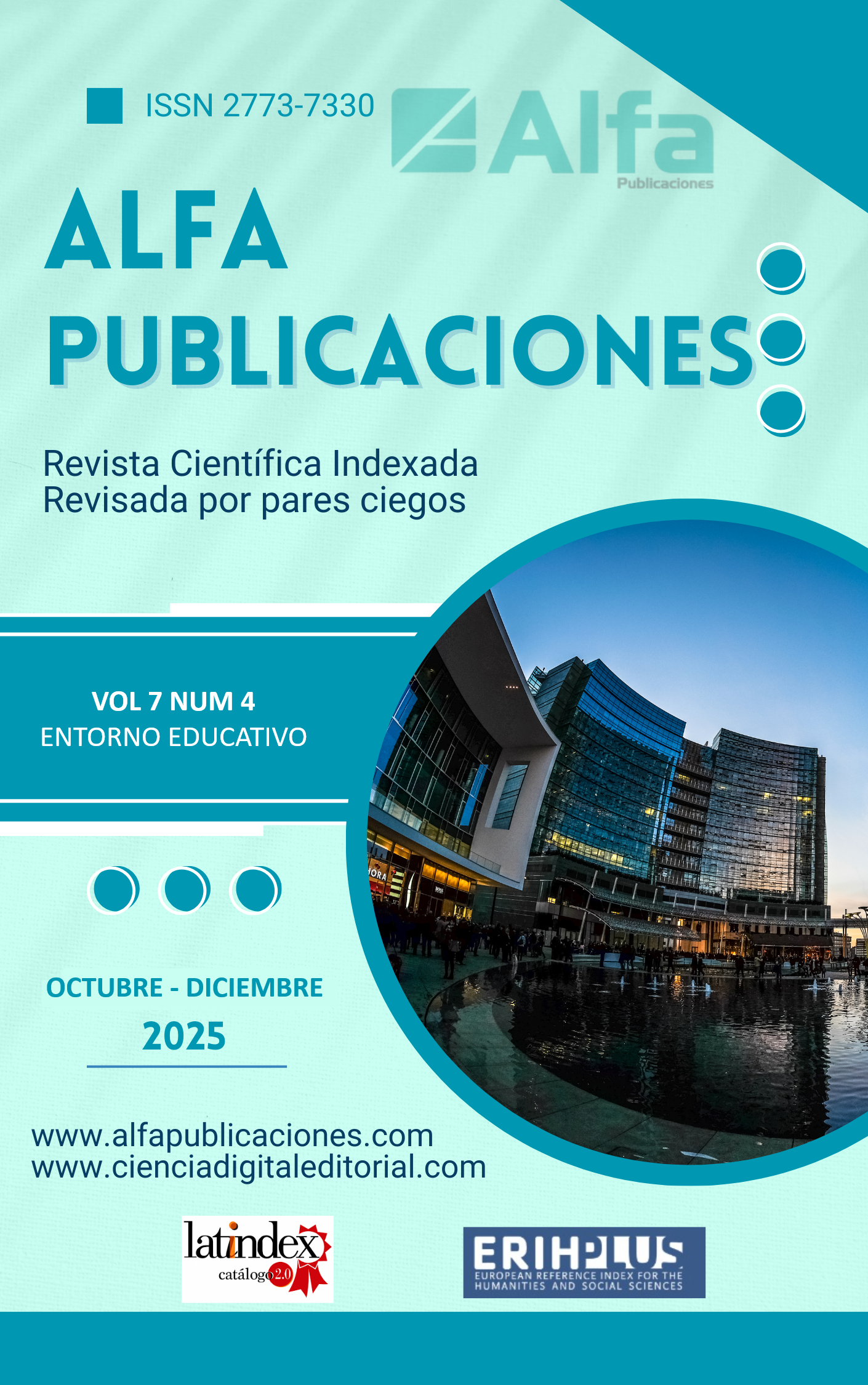Impact of a problem-based learning strategy on the development of critical reasoning in accounting
Main Article Content
Abstract
Introduction: This study addresses the need to transform the traditional teaching of technical accounting at the secondary level, through the implementation of active didactic strategies aimed at the development of critical reasoning. The persistence of pedagogical models focused on memorization, which limit students' deep understanding and analytical capacity, was identified as a central problem. Objectives: The general objective was to analyze the impact of a Problem-Based Learning (PBL) strategy on critical reasoning in accounting in students of the first year of Technical Baccalaureate of the Alfonso Quiñónez George Educational Unit. Methodology: qualitative and quantitative approach, with a quasi-experimental cross-sectional design. The sample consisted of 76 students, divided into a control group (n=36) and an experimental group (n=40). A standardized test of critical thinking was applied, and the data were analyzed with descriptive and inferential statistics using SPSS. Results: The results showed a significant difference between the groups (p < .001), with an increase of 25% in the experimental group. It is concluded that PBL favors the development of critical accounting reasoning, validating its inclusion as an effective pedagogical strategy in secondary technical education. Conclusions: The Problem-Based Learning strategy evidenced a substantial improvement in the development of critical accounting reasoning in students, clearly surpassing the results obtained with traditional pedagogical methods. General area of study: Education. Specific area of study: Digital Environments. Type of item: original.
Downloads
Article Details
dssfdsf
dsfdsf

